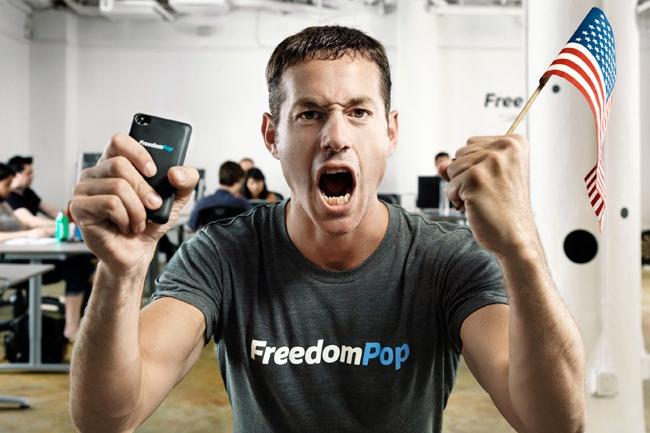
According to FreedomPop’s CEO Stephen Stokols, those hotspots will ensure that “approximately 120 million people” have access to unlimited Wi-Fi in “between 65 percent and 90 percent of the top 100 metros.” The company hopes to increase the number of hotspots up to 25 million by the end of the first quarter of 2015, so as to cover more people. The Wi-Fi service can work on multiple devices at the same time, and offers connectivity through the company’s Android app via auto-connect. There’s no iOS app yet, due to a few limitations in Apple’s Wi-Fi infrastructure.

Although Stokols didn’t say which company is providing the Wi-Fi, but he did say that FreedomPop Wi-Fi will work at Starbucks, Burger King, McDonalds, Panera Bread, Walmart, Home Depot, many malls, and select outdoor areas in cities. The Wi-Fi is meant to augment users’ data plans and connect those who don’t have Internet access on most of their devices. For example, those with Wi-Fi only tablets could take advantage of the service instead of siphoning off data from their phones.
FreedomPop might also ask customers to link their own routers to the service, too. Eventually, the company hopes to bundle the Wi-Fi into its smartphone service in the future. Its current “freemium” service offers 200 minutes of talk, 500 texts, and 500 MB of 4G data for $0. In the meantime, you can check the FreedomPop website to see if there are hotspots in the area.

